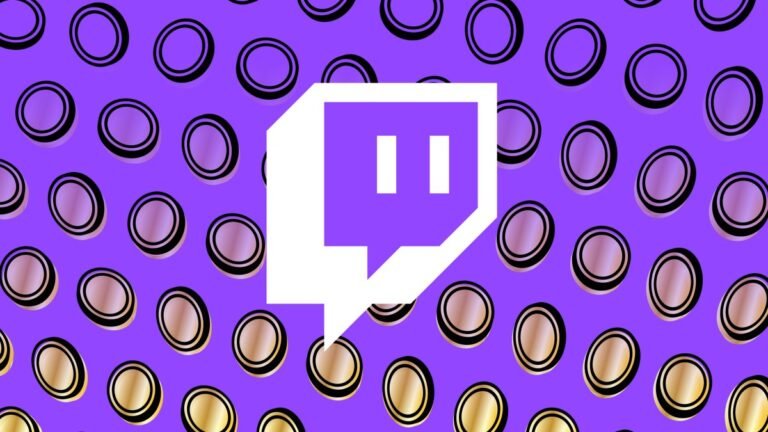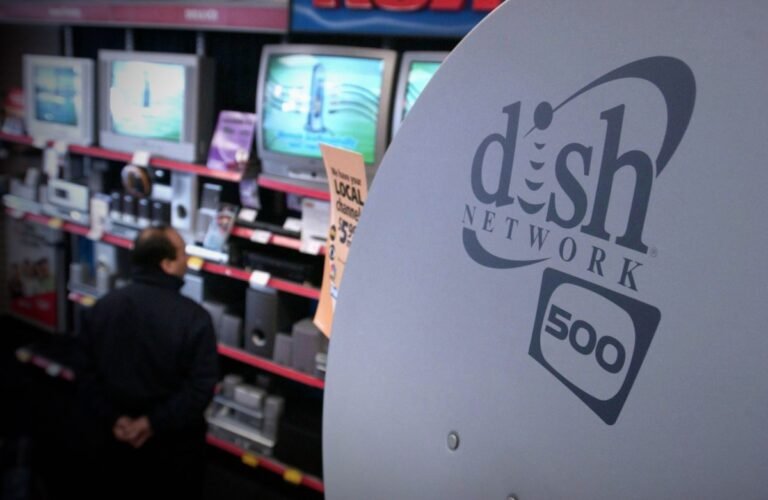
Apple has removed iGBA, a Game Boy emulator app for the iPhone, after approving its launch over the weekend.
First launched on Sunday, iGBA was an ad-supported copy of the open-source project GBA4iOS that offered a Game Boy game emulator for iOS.
The new app worked as described, allowing users to download both Game Boy Advance and Game Boy Color ROMs from the web and then open them in the app to play.
The Cupertino-based tech giant has been pushed to make the App Store more open thanks to the EU’s Digital Markets Act (DMA).
Following an update to its App Store rules to comply with the new regulation, Apple had announced it would also allow streaming game stores globally.

The FTC has proposed tightening up the rules protecting kids from the surveillance economy.
The updated rules would require companies to get the OK from parents before sharing data with advertisers and prohibit holding onto data for nebulous “internal operations,” among other things.
“After the FTC announced it was considering revisions to the COPPA Rule, we received more than 175,000 comments,” the agency noted in a news release.
Better justification for “nudges,” like push notifications to get kids to open an app or stay online.
The FTC rules will have to stand for a while to come.

Days after freeing the (fictionalized) nipple, Twitch is backtracking on its “artistic nudity” policy that allowed streamers to show illustrated, animated or sculpted renderings of breasts, butts and genitals.
The announcement comes days after Twitch announced sweeping updates to its sexual content policy, which streamlined the platform’s community guidelines and allowed nudity in certain contexts, such as art streams.
Moderating “artistic nudity” or “non-sexual nudity” is trickier because the line between nudity and sexual content tends to be subjective.
The sites with the clearest guidelines either allow nudity and sexual content altogether, or don’t.
Conditional nudity policies that attempt to separate “good nudity,” like in art, from “bad nudity,” or sexual content, aren’t as progressive as they’re made out to be.

Twitch announced sweeping updates to its sexual content policy and content classification system, which now allows previously prohibited content like illustrated nipples and “erotic dances,” in addition to clarifying what nudity is and isn’t allowed on the platform.
The framing implied nudity, but never actually showed content that explicitly violated Twitch’s sexual content policies.
Other streamers, who were predominantly male, were enraged by Morgpie’s content and called for Twitch to crack down on the apparent nudity.
The new policy is meticulously detailed and accounts for various situations, but also appears to contradict itself.
By clarifying what is and isn’t allowed, Twitch believes that it’ll be easier for streamers to comply with its policies.

Dish officials state that their systems were infected with a ransomware virus sometime in early May and that intruders have since extracted sensitive data from their systems. While the extent…








